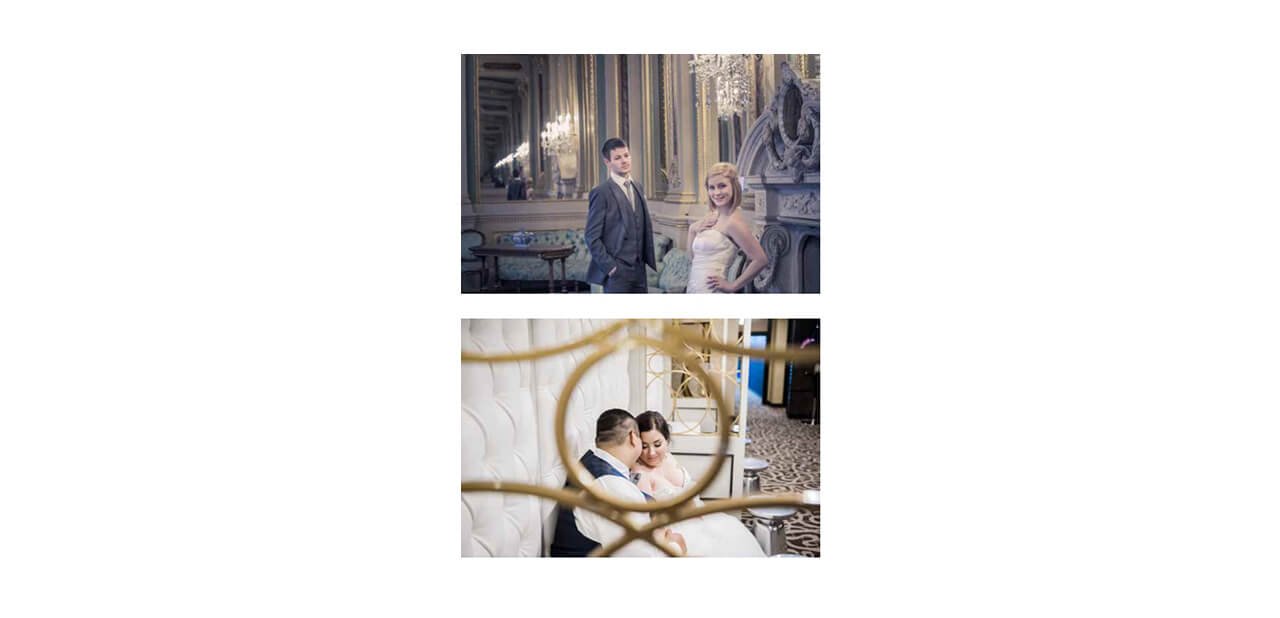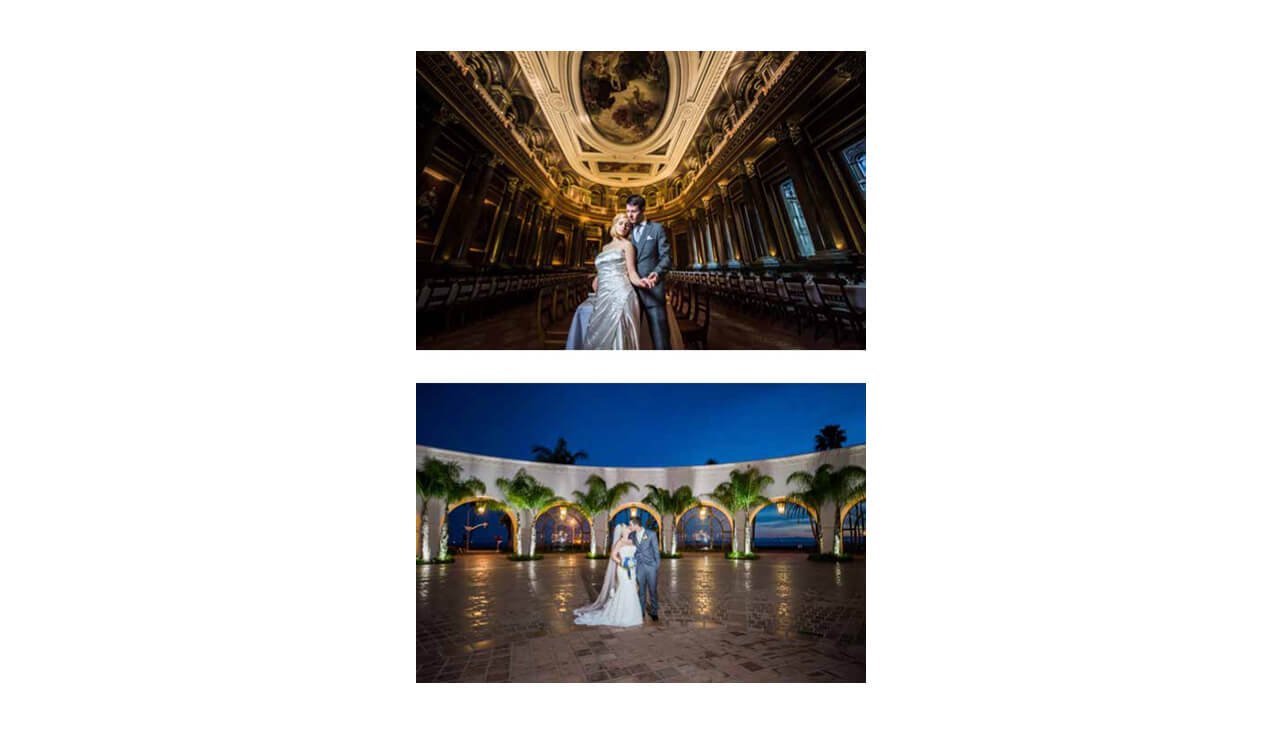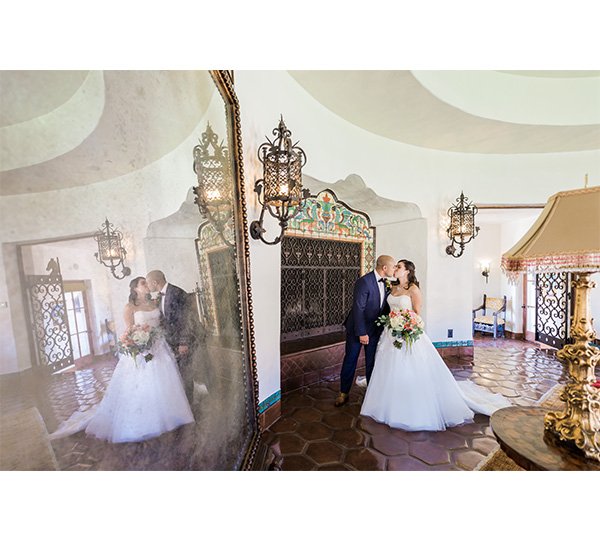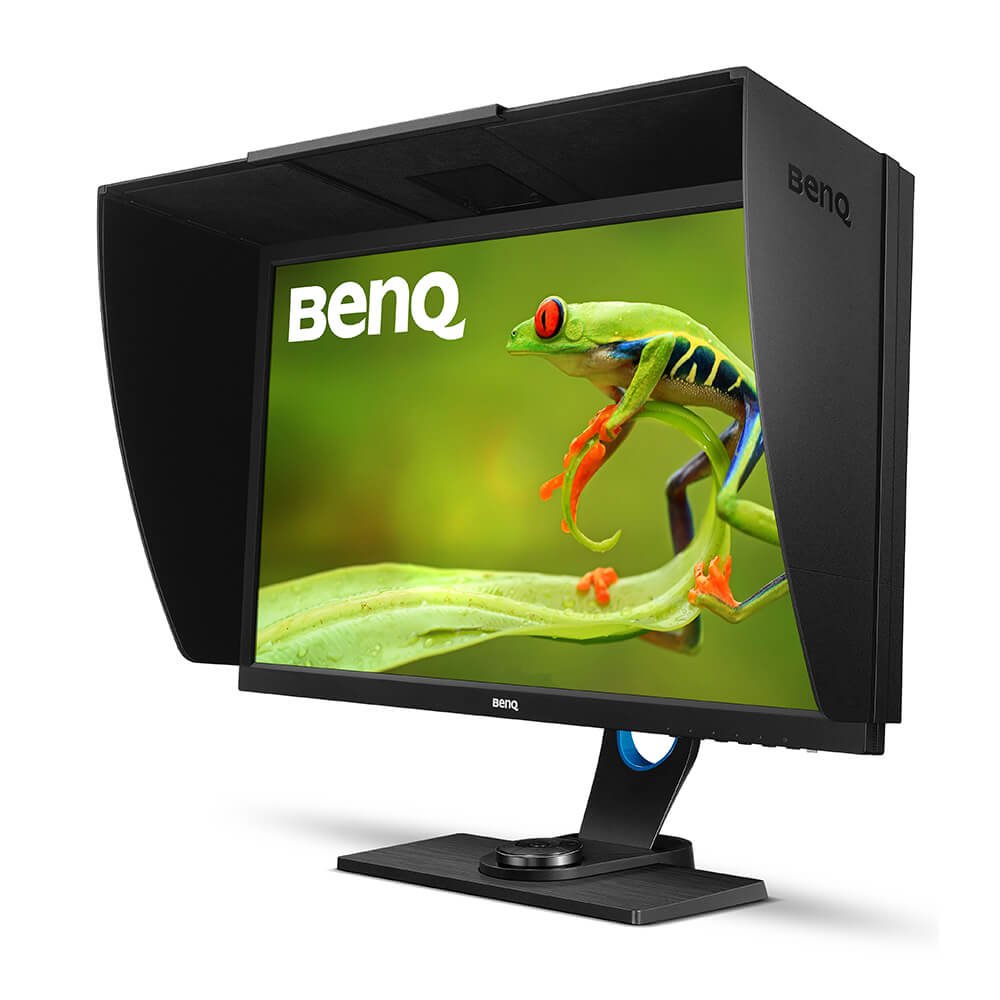Projector
Monitor
Lighting
Interactive Display | Signage
Remote Work & Learning
Wedding Photographer/ USA
With his outstanding experience in photography, Art Suwansang has been requested as a lecturer at Chula Lonkorn Univeristy, Bangkok, Thailand, and a consultant at the Bath Spa University, Bath, United Kingdom. Art is also presenting various workshops in digital workflow and advanced lighting which are hosted by professional photography organizations in Europe, Asia, and the United States.
The creative landscape is constantly changing, evolving and flourishing with new ideas, innovative ways to present the imagination. One of the prevalent trends is that contents are vigorously shared on various social media networks. Content can be anything from photography, illustration, painting, jewelry design, interior and exterior design, architecture, clothing, video, and much more. The creative field is vast, covering multiple disciplines, however, the most common thread is that these creations end up online as photography, illustration and/or video. And these various mediums are being displayed on numerous types of screens from smart watches to smart phones, tablets, computers, and even large TV screens. While physical print mediums are still important, and relevant, media consumption via digital display has surged, surpassing it’s print predecessor to become the de facto form for content consumption.
This change signifies a transition for the work of visual content creators that will go online; the time is now to get serious about color accuracy. Despite the fact that consumer displays can be all over the spectrum, color precision wise, its the responsibility of the content creator to ensure that everything looks good, and proper, before it goes public. Otherwise, we may have another “what color is this dress?” issue trending. Color is so crucial, and important, in branding. Take Coca Cola for instance, they are known for the distinct red that is seen across their advertisements and products. For artists, color is equally important. Color can convey emotions, feelings, and most importantly, the artist’s creative intention.

The best way to ensure color accuracy is to setup a controlled environment that enforces good color management practices. It is much easier now to purchase color management devices, the costs have come down greatly compared to the past. Because everything is display driven, one of the most crucial, and critical pieces of equipment, in color management is the display. In the world of color accuracy not all displays and panels are equal. The display should be capable of hardware color calibration like the new BenQ SW2700PT color management display; it has a 27 inches display that is designed specifically for a photographer, or anyone who requires a color critical workflow. This is BenQ’s second entry into the hardware calibrated display market, a really small market with only a few players. And they have built a really great product that challenges the status quo, exceeding the user’s expectations, while doing it at a very reasonable price point.
Right out of the box, this display is different from any of the competitors on the market. Aside from it’s sleek, matte black, exterior, every SW2700PT ships with the shading hood as a standard accessory. This is a really high quality-shading hood that helps minimize stray light hitting the display panel, reducing reflection, and helping to maintain optimal panel contrast. The inner part of the shading hood is lined with a black felt material that further absorbs any unwanted stray light. The top of the shading hood also has a cover that can slide open, allowing room for a display calibrator to drop in. In addition, this display can also serve as a USB 3.0 hub that provides 2 - USB 3.0 connectors, and a SD memory card reader, as well. It ships with all of the supported connectors so it can hookup to Mac, and PC, right away.

Aside from the sleek appearance, and generous set of included accessories, the next best thing about this display is the panel itself. It packs in a high resolution QHD panel that is able to display 2560 x 1440 pixels. This means that there will be plenty of room to work on any project prominently on the screen, for an immersive experience, while still having enough room for the adjustments, and options panels, on the side of the project. The additional benefit of this high-resolution panel is that it packs in a 109 pixels per inch density, so any project would look extremely sharp with stunning clarity.
Since color accuracy is a crucial part of any display for the creative professional, the SW2700PT shines brightly in this aspect. BenQ uses only the best, top quality, display panels, with very tight tolerances, and control, throughout the manufacturing process. The panel itself is capable of displaying 99% of Adobe RGB color space and 100% sRGB. Adobe RGB is a large color space; it is an impressive feat for any display to cover this color space. Every project, in this case, would look vibrant and true to color, especially for shades of blue and green. In addition, the panel is a 10 – bit IPS that can display smoother color gradients, and tones, compared to most typical 8-bit panels.
Beside the great panel, this display is capable of hardware calibration using the proprietary BenQ Palette Master Element software. The software supports a good list of color calibration devices from both X-Rite, with their i1 line, and Color Vision, with the Spyder line.

Most of the displays sold today are capable of calibration, done by manipulating the color output from the video card using software. The result of this is signal compression, and manipulation, to achieve the correct color. With a hardware-calibrated display, the full signal is outputted from the video card un-compressed, or manipulated. The panel itself along with the color calibrator is doing the job of adjusting the color output of the display for color accuracy. A good analogy for this is RAW vs. Jpeg. If the same image is manipulated after capture; the Jpeg image will not hold up well to these changes, banding and pasteurization can occur, and in most cases they do. The RAW image, however, will hold up just fine. Using hardware-calibrated display is like shooting RAW, and using software calibration alone is like shooting Jpeg. BenQ has also built a 14-bit 3D Look Up Table (LUT) in to their display to ensure accurate color blending and reproduction.
In the display, and color world, color accuracy is determined by the Delta E value. This value is the variation in color output consistency, where lower value translates to more accurate color. In general, any calibrated display is considered acceptable when the average value of Delta E is 5 or below. However, for most professional displays, this value should be 2 or below. The SW2700PT line is pre-calibrated from the factory to ensure this value is less than 2. This is going to give Adobe RGB, and sRGB, color space the truest and most accurate view of the original image. Technically speaking, this display is ready to go right out of the box, but to get the best calibration possible when paired with a specific computer video card, a recalibration using the BenQ Palette Master Element along with a color calibration by X-Rite or Color Vision is highly recommended.

The SW2700PT is a unique display, compared to other displays, on the market today as well. Along with the great cables and awesome sheading hood, it also comes with a wired mini USB remote control that plugs right into the display. This remote has 3 preset color buttons that allow for rapid switching of color space on the display to quickly view what the project would look like in another color space. One of these color spaces is black and white; with a press of a button on the remote the entire display turns to black and white, eliminating all of the color. This instant preview is valuable, and a time saver for creative editing, in determining whether an image looks better in black and white, or color. With the press of another preset button, the display turns back to the calibrate color space. The user may change, or customize, these presets as well. The remote also has additional buttons to control, and access, the display menu for making changes.
Ergonomic wise the display comes with a well-designed, heavy-duty, stand. The display back has an interlocking mechanism that mounts it securely to the stand, and when it comes time to dismount, it can be effortlessly done with the press of a button. The back of this display is compatible with VESA mounting standard as well once the stand is removed. The display can also be tilted and swiveled for the best viewing experience. Lastly, the display can easily rotate on the stand for the default portrait view, landscape, or vertical view, as well.
As mentioned earlier, the display is where most of the time is spent on a creative project. It is where decisions about color happen, whether it is to tweak, adjust or even add creative effects with colors. The display also acts as a final proofing device before the creative endeavor goes out into the world to be consumed, in large part, on the World Wide Web, and to a lesser extent, in various print mediums. A color precise display will help save a great amount of time editing, reduce, and in many cases, eliminate re-edits all together. This display will take the guessing game out of accurate color editing. Having a great color control environment that saves time will also save money.
Overall the BenQ SW2700PT is by far one of the best professional hardware calibrated displays on the market today. When compared to the competitors’ displays on the market, this display shines even further. With the current MSRP of $629.99 in the US, this monitor is priced for professionals, and enthusiasts, alike, who care about color perfection. This price point is one of the best available today for a hardware-calibrated display that comes with everything out of the box. For all creative individuals, the BenQ SW2700PT monitor is a must have!


SW2700PT Monitor For Photo Editing Workflow Review Video In this video, Art will share his experience using BenQ’s SW2700PT and why having a 99% Adobe RGB color-accurate monitor which supports hardware calibration is so critical to his daily workflow. https://youtu.be/Pp7PrKlNzOA
